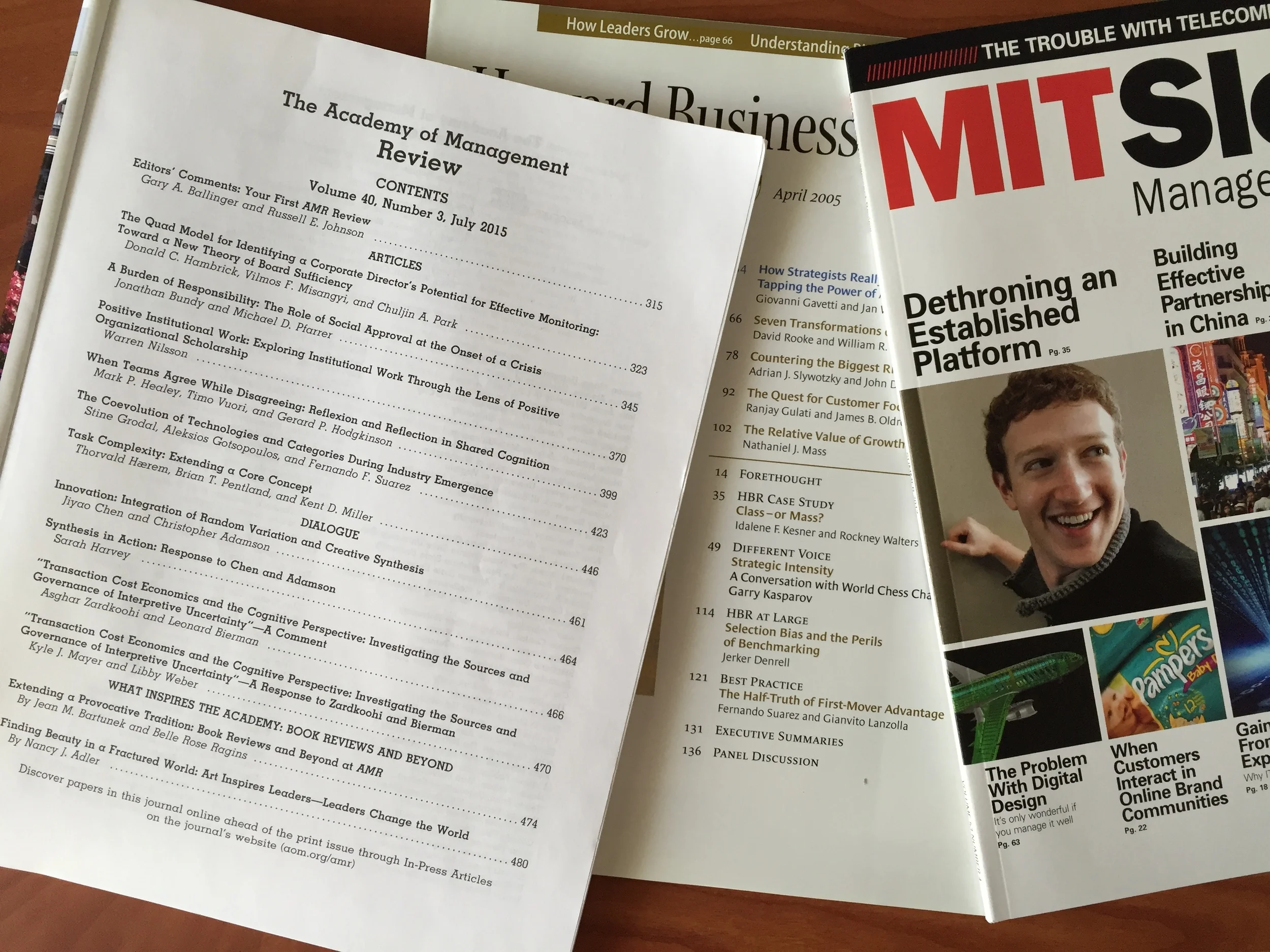"Platform Owner Entry Into Complementor Spaces Under Different Governance Modes"
/Journal of Management, 2022, forthcoming. (with Hye Young Kang)
The phenomenon of a platform owner entering its complementor spaces has been growing and, given its potential impact on the dynamics of competition in platform-mediated industries, has captured the interest of entrepreneurs, scholars, and policy makers. Empirical studies on the consequences of such platform owner entry have been scant so far and show mixed results for complementors. Drawing on competitive dynamics theory, our paper revisits an implicit assumption held in extant studies that allows us to hypothesize on dissimilar entry modes across owners, to study the implications of entry mode differences. We argue that how an owner enters its complementor spaces drives the level of competitive pressure that such an entry exerts on the affected complementors. In turn, this determines the size and valence of the repercussions on complementors’ product performance, as well as their responses. Drawing on platform theory, we argue that an owner’s mode of entry into complementor spaces relates to that owner’s approach to platform governance. Using a unique panel dataset of health and fitness mobile apps in the Apple iOS and Google Play store, our results support our prediction that the mode of entry plays a significant role in the resulting complementor dynamics. We find contrasting modes of entry and resulting dynamics that arise between a platform that follows a closed and reigning approach to governance and one that follows an open and laissez-faire approach. Our findings help explain apparent contradictions in prior studies and extend our understanding of this increasingly common phenomenon in platform-mediated industries.


